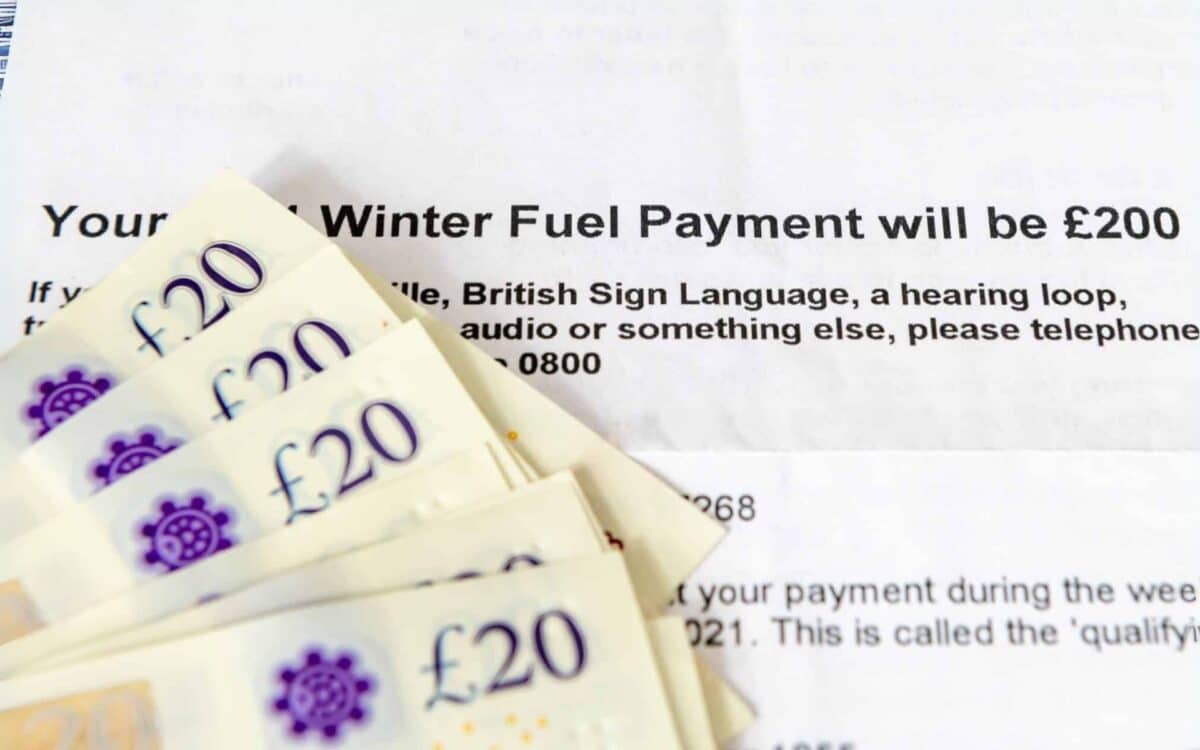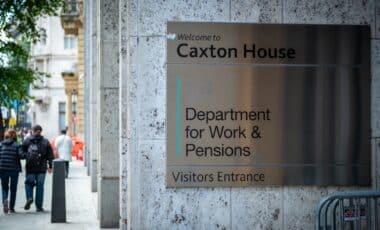More than nine million UK pensioners could soon see changes to the eligibility rules for winter fuel payments, a move currently under quiet reconsideration by the government after months of discontent.
The original decision, made by Chancellor Rachel Reeves and implemented through the DWP, introduced new income thresholds that effectively cut payments of up to £300 for millions.
According to DevonLive, discussions are underway at the highest levels of government, with no formal announcement yet made.
The so-called winter fuel payment axe remains in place for now, but growing pressure from within Parliament has prompted talk of a possible shift in policy direction.
Policy Under Review After Backlash From Voters and Parliament
The government is considering revising or reversing the 2024 decision to limit winter fuel payments of up to £300 to pensioners with incomes below £11,500. The policy was originally introduced as a cost-saving measure to help address a reported £22 billion deficit in public finances.
The discussions, still ongoing, include potential adjustments to the income threshold or the restoration of payments to all pensioners. A formal announcement could be made at the spending review on June 11, when long-term departmental budgets will be outlined.
According to reports, some within Labour link the party’s losses in the Runcorn and Helsby by-election and other local elections to backlash over the winter fuel decision. The fact that the policy is under review marks a shift, as it was one of the first fiscal actions taken by the Labour government after coming to power in summer 2024.
Early Statements Contrast With Current Openness
In September 2024, Rachel Reeves defended the cuts, telling party members:
It is the right thing to do, to target money at a time when finances are so stretched, at people who need them most.
By May 2025, however, her position appears to have softened. Speaking on LBC, she noted:
I’m listening to the concerns about the level at which the winter fuel payment is removed.
While Reeves now signals a willingness to review the policy, she emphasised that changes would require funding transparency, stating:
We are a government that listens… But we would always need to show where the money is going to come from if we’re going to make any policy changes.
Duffield: Rising Food Bank Use Highlights Policy Impact
At Treasury questions, Independent MP Rosie Duffield (Canterbury) said:
Westminster is once again buzzing with the latest U-turn speculation and briefings over the Chancellor’s policies on the winter fuel allowance and the two-child limit benefits cap.
She contrasted this with local reality:
It’s less of a buzz for those visitors to Canterbury Food Bank, however, who last month distributed enough food to make 13,545 meals – a 47% rise on the same period last year.
Duffield urged the Chancellor to “end the serious anxiety of those experiencing fuel and food poverty.”
In response, Reeves reaffirmed that tough choices were necessary to stabilise the economy:
The only reason that we’ve been able to grow the economy and get those cuts in interest rates… is to have returned stability back to our economy.
Leishman Proposes Wealth Tax, Warns of Targeting the Vulnerable
Labour MP Brian Leishman (Alloa and Grangemouth) criticised the welfare cuts, including the changes to the Winter Fuel Payment, and proposed an annual wealth tax on multimillionaires that could raise £24 billion per year.
Why do ‘tough political choices’ always seem to impact those who are most vulnerable?
Reeves responded by listing tax increases already implemented by her government, including:
- a higher rate for non-doms
- an increase in capital gains tax
- added VAT on private school fees
This Government is ensuring that the wealthiest pay their fair share because that’s a basic Labour principle.
Cooper and Stride Press for Clarity on Future Tax Policy
Daisy Cooper (Liberal Democrats) questioned whether restricting fuel payment eligibility so tightly was a mistake, referencing Reeves’ recent remarks acknowledging public concerns.
Reeves replied:
When I became Chancellor last year we inherited a £22 billion black hole… We had to make difficult decisions to put our finances back on a firm footing.
Shadow Chancellor Mel Stride pressed Reeves about statements from Economic Secretary Emma Reynolds, who had said there would be “no tax rises on individuals at the autumn budget.”
Reeves reiterated:
We will not increase income tax, national insurance or VAT. We also reversed the previous government’s plan to raise fuel duty.
All other tax policy changes would be set out in the autumn budget.
Energy and Carbon Policy Under European Agreement
On international trade, Labour MP Graham Stringer noted:
The European emissions trading scheme has a carbon price 50% higher than the UK’s price.
He asked what impact joining that system might have on UK inflation.
Reeves responded:
Sometimes the UK carbon price has been higher, sometimes lower… This deal creates a bigger market, which on average brings prices down. We’re confident it will bring more good jobs and lower bills for consumers.









